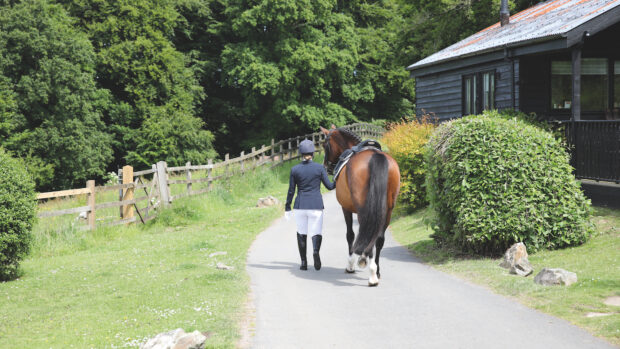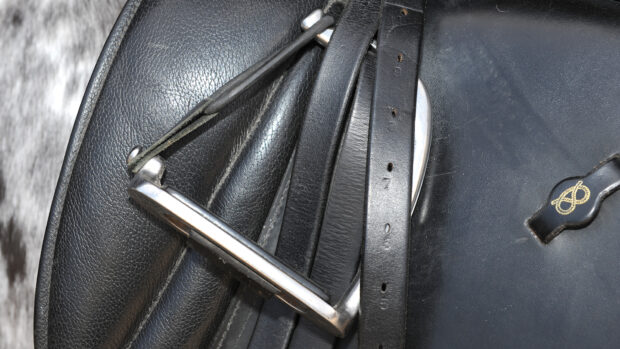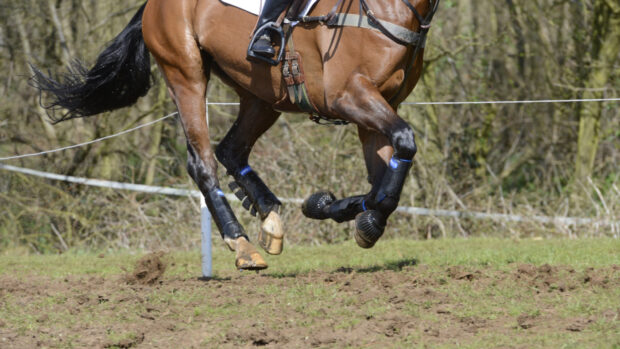The United States’ lead endurance body’s stand against controversial “desert racing-style” endurance has backfired, leaving its riders with the prospect of no FEI rides on home soil.
Last week the American Endurance Ride Conference (AERC) voted to disaffiliate from US Equestrian (USEF) at the end of 2019. But within hours USEF announced it was suspending AERC immediately, initiating permanent termination proceedings.
USEF is setting up a task force to examine new ways of running its FEI ride calendar outside AERC. Like all the FEI’s 133 member national federations, USEF must guarantee the conduct and regulation of all its international shows and events.
AERC president Monica Chapman was not optimistic about the chances of finding replacement organisers – the US’s smaller, more regional groups could not afford to run stand-alone FEI rides.
She said: “AERC is happy to continue to co-sanction rides with FEI/USEF. We put the 1 December, 2019 end date [for affiliation] to ensure the rides already scheduled for the 2019 season would not be cancelled.”
AERC was founded in 1972 and has nearly 5,000 members. Most of AERC’s 200-plus national rides take place over scenic natural trails, while the traditional sport is battling for survival against the high-speed endurance promoted by the Middle East.
Seven FEI rides were listed for the US this season, the only opportunity for the country’s riders to qualify for 2020 FEI world championships without the expense of travelling abroad.
AERC has been speaking out about Middle Eastern endurance for the past five years, and has been frustrated that USEF did not support them publicly.
Last September, AERC asked USEF to withdraw funding for rides outside the US, and to present AERC’s concerns and online petition to the FEI. However, USEF first wanted to wait for the FEI Equine Community Integrity Unit report into the cancelled WEG ride, and now for the findings of the new FEI temporary committee, chaired by Britain’s Dr Sarah Coombs, which are due in April.
Continues below…
Welfare and dope concerns dominate endurance talks
High incidences of broken legs and dope violations in Middle Eastern endurance yards were criticised at the FEI sports forum

Was fatally injured endurance horse found at livestock crematorium?
The FEI has ordered an investigation into allegations that Ajayeb, who broke her leg during the World Championships, was not

Subscribe to Horse & Hound magazine today – and enjoy unlimited website access all year round
AERC also disputes USEF’s right to enforce new conditions on AERC, and withheld its affiliation fee.
USEF rejected AERC’s transitional year proposal because it could not be “certain that AERC will comply with USEF’s affiliate requirements, including compliance with bylaws, rules, decisions of the Hearing Committee, and not impeding athletes’ ability to participate in international competitions.”
AERC had hoped for an agreeable separation with ongoing communication about horse welfare, drug testing and safe sport.
For all the latest news analysis, competition reports, interviews, features and much more, don’t miss Horse & Hound magazine, on sale every Thursday.




